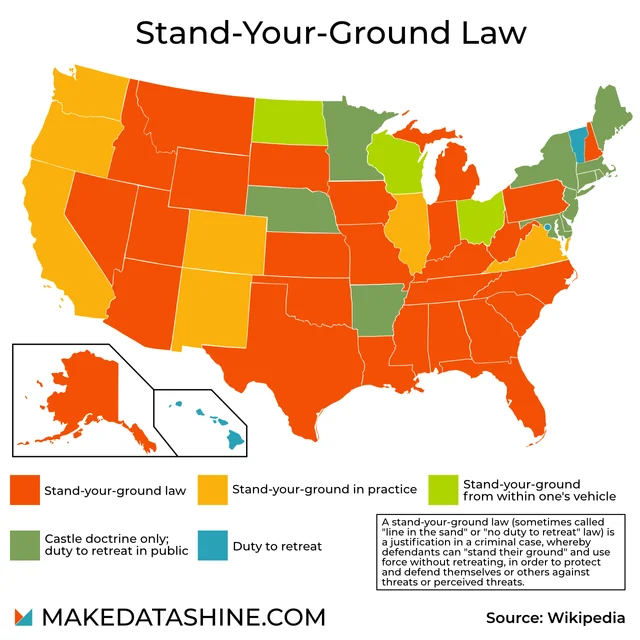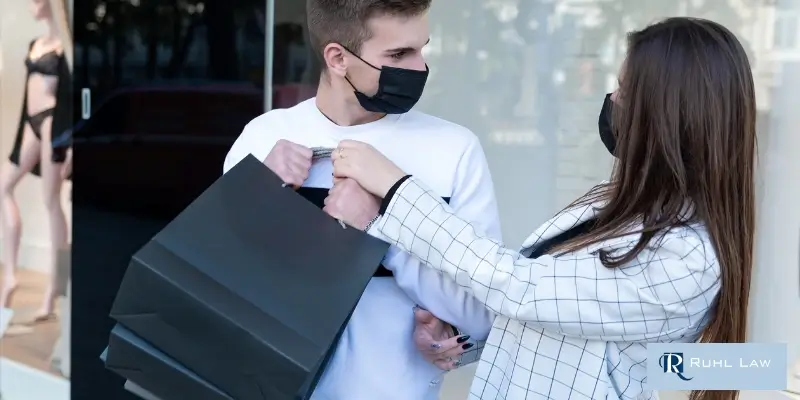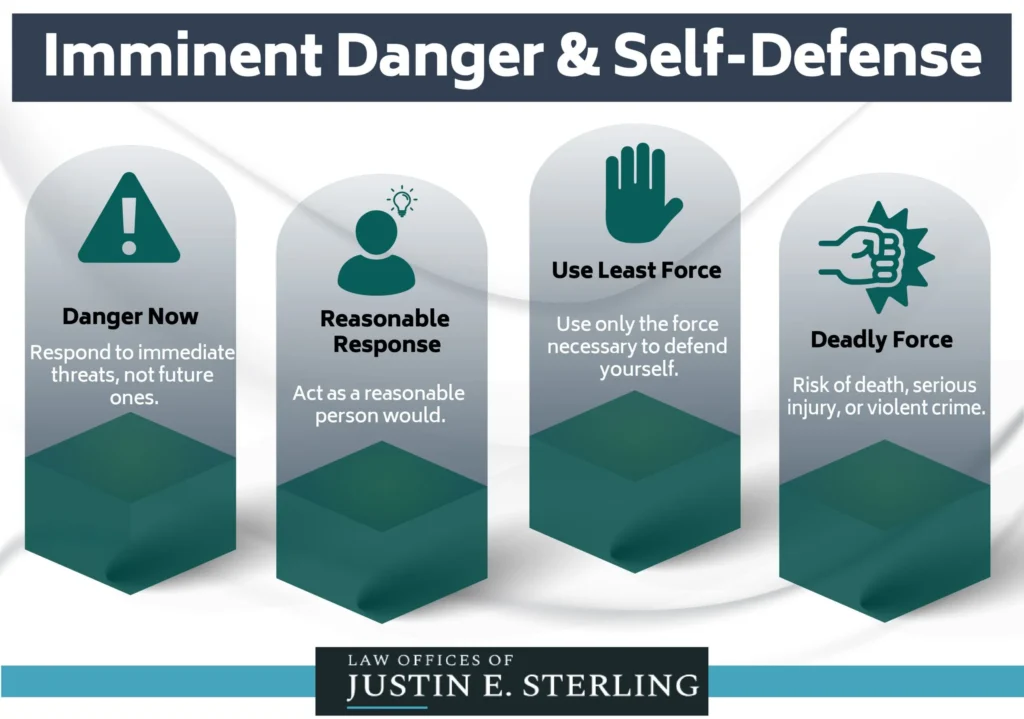Self Defense Laws 2025 – Know What’s Legal Before It’s Too Late
🚨 Think You Understand Self Defense? You Might Be Wrong in 2025.
Imagine this: You’re walking to your car late at night. A man approaches you aggressively. You feel threatened. You defend yourself.
Later, instead of going home, you’re booked into jail—charged with assault or worse.
In 2025, self defense laws are more complex, and more dangerous to misunderstand, than ever before. With increased use of surveillance footage, AI-driven video analysis, and evolving legislation in many states, the line between defense and criminal behavior is razor-thin.
This blog breaks down what you must know about self defense laws 2025 to protect yourself—legally and physically.
Table of Contents
🔍 What Are the Self Defense Laws in 2025?
Self defense laws are legal frameworks that allow individuals to protect themselves from harm. However, in 2025, lawmakers across the U.S. have revised these laws in response to rising violent crime and controversial court rulings.
Here are the 5 core elements most states now require for a valid self defense claim in 2025:
- Imminent Threat
The threat must be immediate and unavoidable. No hypothetical or distant danger. - Proportional Force
The level of force used must match the threat. Using deadly force against non-deadly aggression is no longer justifiable in most states. - Duty to Retreat
Several states (including California, New York, and Illinois) have reintroduced or strengthened the legal requirement to retreat—if it can be done safely—before using force. - Not the Aggressor
You cannot claim self defense if you provoked or escalated the altercation. - Objective Reasonableness
Your belief that you were in danger must be one that a “reasonable person” would agree with—not just your own fear.
📈 Changes in Self Defense Laws Across the U.S. (2025)
| State | Stand Your Ground | Duty to Retreat | Castle Doctrine |
|---|---|---|---|
| Texas | ✅ Yes | ❌ No | ✅ Yes (Home & Vehicle) |
| California | ❌ No | ✅ Yes | ✅ Yes (Home only) |
| Florida | ✅ Yes (limited) | ❌ No | ✅ Yes |
| New York | ❌ No | ✅ Yes | ✅ Yes |
| Illinois | ❌ No | ✅ Yes | ✅ Yes |
🔔 Important: Even in “Stand Your Ground” states, courts are now scrutinizing actions more closely using AI surveillance, video, and digital evidence.
📺 Case Study: Self Defense or Criminal Assault?
In April 2025, Atlanta, Georgia:
A woman named Jasmine used pepper spray on a man who aggressively followed her through a parking garage. He claimed he was simply asking for directions.
Security footage showed her rushing away and him moving toward her. However, her spray came after he turned away briefly, suggesting she wasn’t in “imminent” danger anymore.
The Result?
Jasmine was charged with assault, and her claim of self defense failed in court.

🧠 Common Myths About Self Defense (Debunked in 2025)
Let’s clear up some dangerous misunderstandings that could land you in jail:
- Myth 1: “I felt scared, so it’s self defense.”
Truth: Your fear must be reasonable and immediate. - Myth 2: “It happened on my property—Castle Doctrine protects me.”
Truth: Only if you didn’t provoke the encounter and used proportional force. - Myth 3: “I don’t need a lawyer if it’s clearly self defense.”
Truth: Prosecutors may see it differently. Only a skilled criminal defense lawyer can ensure your rights are protected. - Myth 4: “If I have a legal weapon, I can use it.”
Truth: Weapon legality doesn’t equal legal use. Misuse can still lead to charges.
🧬 New Factor in 2025: AI and Surveillance Footage
In 2025, AI-powered evidence analysis plays a big role in self defense cases. Courts use surveillance, smartphone video, and even wearable tech (smartwatches, glasses) to evaluate:
- Body language and escalation
- Distance and timing
- Verbal threats (via audio recordings)
- Attempted de-escalation
In many cases, your own devices might betray your version of events.
👥 Real People, Real Consequences
Common Example 1: Bar Fight Turns Into Felony
A man throws a drink at you. You punch him. He hits his head and suffers a concussion. You’re now facing felony assault charges—because the court says your response wasn’t “proportional.”
Common Example 2: Road Rage Incident
You feel threatened by a driver tailgating and shouting at you. You brandish a firearm to “warn him off.” The dashcam shows he was backing away when you drew the weapon. You’re charged with unlawful firearm use—not self defense.

📞 What to Do If You’re Involved in a Self Defense Situation
If you believe you’ve acted in self defense:
- Call 911 immediately. You must report the incident.
- Say little. Do not give a full statement before speaking to an attorney.
- Preserve all evidence. Save videos, witness info, and screenshots.
- Hire a local criminal defense lawyer. Choose one familiar with self defense laws 2025 in your state.
- Do not post online. Anything you say on social media can be used against you.
👨⚖️ Why You Need a Criminal Defense Lawyer in 2025
Laws have evolved. Courts are stricter. And tech surveillance means you can’t afford to assume you’re protected.
An experienced criminal defense lawyer will:
- Evaluate your case based on current self defense laws 2025
- Challenge AI and video interpretations
- Argue reasonable fear and lack of retreat options
- Ensure you aren’t wrongfully charged for protecting yourself
⚠️ Final Warning: Don’t Guess—Know Your Rights
Self defense is your right—but it’s not a free pass. In 2025, knowing the law is your best defense. Ignorance can cost your freedom.
If you’re facing charges or want to better understand your rights, contact an attorney today. Protecting yourself should never mean losing your future.

🔒 Need Legal Help?
Facing charges after defending yourself? Let our skilled criminal defense team help you navigate self defense laws 2025 and protect your freedom. Contact us for a confidential consultation.


Leave a Reply